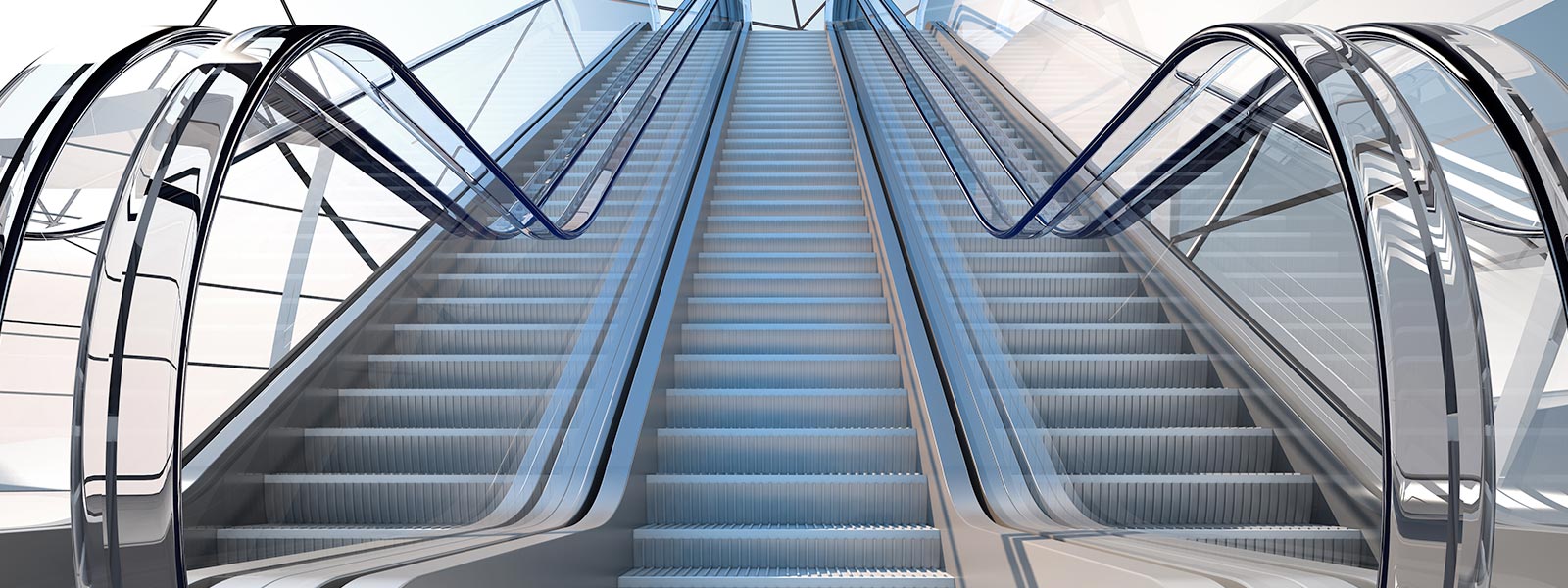Here at UK Lift & Escalator Company we are often surprised how little our customers know about their lifts and what regulations and guidelines they need to follow. We feel as though our industry don’t often offer advice or help to new or existing customers on what they need to do and what we need to do. UK Lift & Escalator Company like to offer free impartial advice to all customers to ensure they are doing the required tests, maintenance, repairs and following all regulations for their lifts. Many people seem to get confused with maintenance and LOLER guidelines and requirements, so here is some information that may help.
The Lifting Operations and Lifting Equipment Regulations 1998 (LOLER) introduced new requirements for the safe provision and use of lifting equipment. Regulation 9 of LOLER requires that all lifts provided for use in work activities are thoroughly examined by a competent person at regular intervals. This applies to lifts and hoists used to lift people or loads.
If you are a lift owner or someone responsible for the safe operation of a lift used at work, such as a facilities manager or supervisor, you are a ‘dutyholder’ under LOLER. This means that you have a legal responsibility to ensure that the lift is thoroughly examined and that it is safe to use. (If you are the owner of a lift used primarily by members of the public, you may also find this guidance helps you to comply with more general health and safety legal duties under the Health and Safety at Work etc Act 1974.)
A thorough examination is a systematic and detailed examination of the lift and all its associated equipment by a competent person. Its aim is to detect any defects which are, or might become, dangerous, and for the competent person to report them to the dutyholder and, if appropriate, the enforcing authority (the Health and Safety Executive or Local Authority) so that appropriate remedial action can be taken.
In order to determine the extent of the thorough examination, the competent person will assess the risks, considering factors such as where the lift will be used, frequency of use, age and condition, the weight of loads to be lifted, etc.
A thorough examination may include some testing, if the competent person considers it to be necessary. The competent person will normally determine what tests are required, taking account of the relevant guidance and standards (see Further information), and dutyholders are recommended to insist on this approach.
Thorough examination may also be supplemented by inspection. Inspections should be carried out at suitable intervals between thorough examinations and may be done‘in-house’ by a competent, trained employee. Inspections would normally include visual and functional checks, eg that the alarm interlocks operate correctly and lift doors cannot be opened from the landing side.
Thorough examination should not be confused with preventive maintenance, although they have some elements in common. Preventive maintenance usually involves replacing worn or damaged parts, topping up fluid levels and making routine adjustments to ensure risks are avoided. Thorough examination may act as a check that maintenance is being carried out properly, but is not intended to replace it.
UK Lift & Escalator Company can offer free advice, as well as LOLER tests, maintenance, repairs and modernisation for all types of lifts. Speak to UK Lift & Escalator Company about your LOLER Requirements for your Lifts or for further information look on the HSE website www.hse.gov.uk
Maintenance
We offer bespoke maintenance packages throughout the UK to suit the requirements of our clients.
Repairs
Our dedicated repairs team provide all clients with 24/7 breakdown, repair and support services.
Modernisations
Modernising lifts and escalators improves efficiency and gives your equipment a new lease of life.
New Lifts & Packages
We have solutions for new equipment, project packages and consultancy services all throughout the UK.












